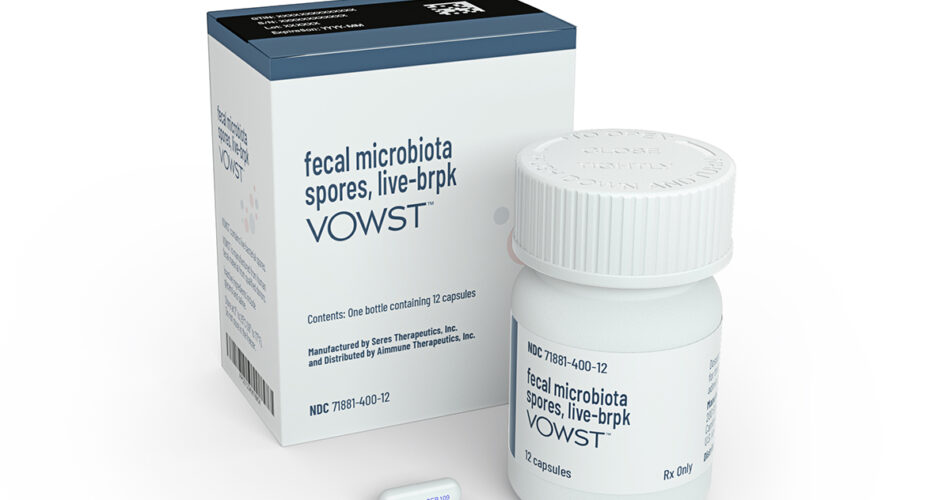The second medical procedure using donated human poop has been approved by the FDA
The first medication made from donated human feces has been approved by the American Food and Drug Administration (FDA), according to the agency. The first human poop-derived treatment to be authorized was an enema-based therapy that was given the go-ahead in December 2022.
Such “fecal microbiota transplants” were formerly regarded as experimental therapies, making them more difficult for patients to get and they are frequently not covered by insurance.
As explained here, Vowst, a newly approved pill, has been approved for use in adults ages 18 and older as a preventive treatment for recurring infections with the bacterium Clostridioides difficile. Like the approved enema treatment, Vowst also includes live bacteria. This illness, often known as C. diff, is frequently picked up in medical facilities after patients have received antibiotics for another infection.
The usual bacterial balance in the gut can be upset by antibiotics, which allows C. diff the chance to spread. The quickly multiplying bacteria release toxins that can cause organ failure and death, as well as symptoms like colitis (colon inflammation), fever, diarrhea, and abdominal pain. According to the FDA, C. diff infections cause 15,000 to 30,000 fatalities annually in the U.S.
According to the Centers for Disease Control and Prevention, people who recover from C. diff have a 1 in 6 chance of contracting the infection again within two to eight weeks of their recovery. Each time someone contracts C. diff, their chance of developing these recurring infections rises, in part due to the medicines used to treat it, which further disturb the gut microbiome, the community of microorganisms in the lower digestive tract.
By effectively refilling the gut microbiome, so-called fecal microbiota products—made from healthy human gut bacteria—offer a novel strategy for preventing recurrent C. diff. With Vowst’s approval, a treatment option that can be consumed orally as opposed to being given through the patient’s rectum is now available.
“The availability of a fecal microbiota product that can be taken orally is a significant step forward in advancing patient care and accessibility for individuals who have experienced this disease that can be potentially life-threatening”, Dr. Peter Marks, director of the FDA’s Center for Biologics Evaluation and Research, explained.
Patients begin taking the medication two to four days after finishing a course of antibiotics for C. diff. The Vowst therapy plan entails taking four capsules once daily for three days in a succession. The FDA warned that even while the donated excrement used to create the pills are thoroughly tested for transmissible diseases before being employed in production, using Vowst still involves a small risk of exposure to pathogens and food allergens.
In clinical trials, abdominal bloating, weariness, constipation, chills, and diarrhea were Vowst’s most frequent side effects; these side effects occurred more frequently in treated patients than in placebo users.
Within eight weeks of recovering from an initial bout of the infection, those in the treated group had a 12.4% rate of recurrent C. diff. infection, whereas the untreated group had a 39.8% rate of recurrence. This was in contrast to the 90 individuals who received the pills and the 90 who did not.

